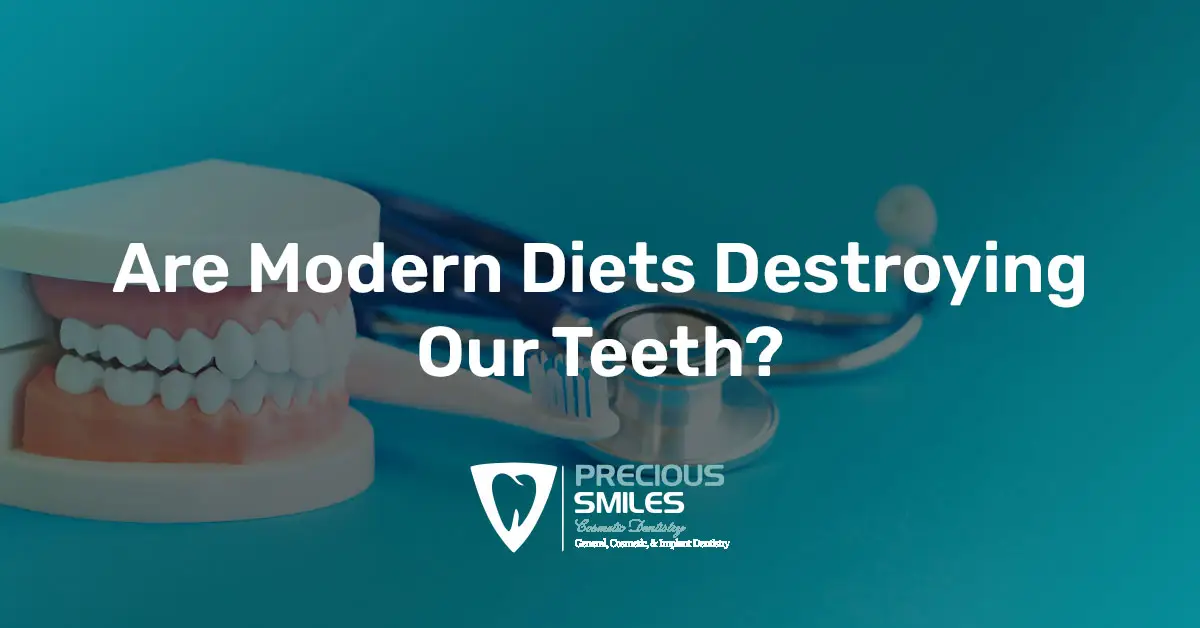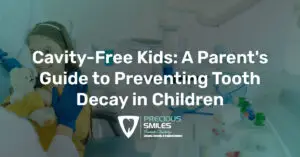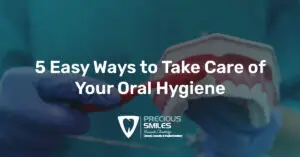In recent years, the world has witnessed a dramatic shift in eating habits. From the rise of sugar-free products to the widespread use of weight-loss medications such as Ozempic, people are constantly searching for ways to improve their health, appearance, and lifestyle. But while these trends may promise slimmer waists and lower blood sugar, many dentists are raising an alarming question: What is happening to our teeth?
Dental health has always been closely linked to diet. The foods and drinks we consume directly influence the condition of our enamel, gums, and overall oral health. Yet modern diets, despite their popularity and seeming benefits, may be silently eroding our smiles. The connection between what we eat—or don’t eat—and the long-term integrity of our teeth is far more complex than most people realize.
The Role of Saliva in Dental Health
One of the most overlooked aspects of oral health is saliva production. Saliva isn’t just there to help us chew or swallow; it plays a vital protective role. It neutralizes acids, washes away food particles, and delivers minerals like calcium and phosphate that help repair early enamel damage.
Weight-loss drugs, such as Ozempic (semaglutide) and similar medications, have been shown to reduce appetite dramatically. But with reduced food intake often comes reduced saliva stimulation. Less chewing means less saliva, and less saliva leads to a dry mouth (xerostomia).
A dry mouth creates the perfect environment for cavities, gum disease, and bad breath. While these drugs may help patients lose weight or manage diabetes, the long-term oral side effects could be substantial. Some dentists are now reporting an increase in decay and gum issues among patients on these medications—problems directly linked to saliva reduction.
Sugar-Free Foods: Friend or Foe?
The food industry has responded to rising health consciousness with an explosion of “sugar-free” products. Diet sodas, sugar-free candies, and protein bars sweetened with alternatives like xylitol, aspartame, or sucralose are now staples in many households.
At first glance, this seems like a positive shift—after all, sugar is the main culprit behind cavities. But the truth is more complicated:
- Sugar-free sodas often contain high levels of citric acid and other acidic additives. These acids weaken and erode tooth enamel even in the absence of sugar. In fact, frequent consumption of diet sodas can be just as harmful to enamel as their sugary counterparts.
- Artificial sweeteners such as sucralose or aspartame don’t directly feed cavity-causing bacteria, but they can alter the natural oral microbiome, potentially upsetting the balance of “good” and “bad” bacteria in the mouth.
- On the positive side, xylitol is unique among sweeteners because it actually inhibits the growth of cavity-causing bacteria. Some sugar-free gums and mints use xylitol to promote dental health, but not all products include it.
So while sugar-free doesn’t automatically mean tooth-friendly, the type of sweetener and the acidity of the product make all the difference.

Acid Erosion: The Silent Enemy
Modern diets don’t just involve cutting sugar; they also emphasize trendy beverages like sparkling water, kombucha, protein shakes, and energy drinks. Many of these drinks are marketed as healthier alternatives, but they carry hidden dangers for our teeth.
- Sparkling water may be free of sugar, but carbonation creates carbonic acid, which gradually wears down enamel.
- Kombucha, though praised for its probiotics, is both acidic and often contains residual sugar.
- Energy drinks and protein shakes are frequently acidic, and when consumed regularly, they can leave enamel soft and vulnerable.
Unlike cavities caused by bacteria, acid erosion is irreversible. Once enamel is gone, it cannot regenerate. This means that even the most disciplined oral hygiene routine cannot undo the damage caused by continuous exposure to acidic diets.
Weight-Loss Trends and Nutrient Deficiency
Another hidden risk of modern dieting is nutrient deficiency. Low-calorie and highly restrictive diets often fail to provide adequate amounts of essential vitamins and minerals. Teeth and gums rely heavily on nutrients such as:
- Calcium and Vitamin D for strong enamel and jawbone health
- Vitamin C for gum tissue repair and strength
- Magnesium and Phosphorus for enamel remineralization
Without these nutrients, the mouth becomes more prone to decay, gum disease, and even tooth loss. In the pursuit of weight loss, some dieters unknowingly compromise the very foundation of their dental health.
5 Easy Ways to Take Care of Your Oral Hygiene – Your Smile Deserves It
Oral Health as a Window into Overall Health
It’s important to remember that oral health isn’t isolated—it reflects the body’s overall condition. Dentists are often the first to spot signs of broader health issues, including nutritional deficiencies, acid reflux, diabetes, and even heart disease.
For instance:
- Patients on weight-loss drugs may present with gum inflammation linked to dry mouth.
- Those on highly acidic diets may show early enamel wear long before they experience other health problems.
- A lack of vitamins often manifests as bleeding gums or delayed healing after dental procedures.
The mouth, therefore, serves as a kind of “early warning system” for lifestyle and dietary issues. Ignoring these signs can have consequences not just for our teeth, but for our entire body.
How to Protect Your Smile in the Age of Modern Diets
The good news is that awareness and prevention can go a long way. Here are some practical steps to safeguard your teeth while still embracing modern diet trends:
- Stay hydrated: Drinking plenty of water helps counteract dry mouth and washes away acids.
- Chew sugar-free gum with xylitol: This stimulates saliva production and provides cavity protection.
- Limit acidic drinks: If you do consume sparkling water, kombucha, or diet sodas, drink them quickly (not slowly over hours) and rinse your mouth with water afterward.
- Don’t brush immediately after acidic foods or drinks—wait at least 30 minutes to avoid scrubbing softened enamel.
- Ensure proper nutrition: If you’re on a restrictive diet, consult a nutritionist or your doctor to make sure you’re getting adequate calcium, vitamin D, and vitamin C.
- Regular dental checkups: Dentists can catch early signs of erosion, decay, or gum issues before they become serious.
Modern diets reflect our desire for healthier, slimmer, and more sustainable lifestyles. Yet while these choices may reshape our bodies, they are also reshaping our teeth—sometimes in ways that are harmful and permanent. Weight-loss drugs, sugar-free foods, and trendy beverages may offer short-term benefits but can lead to long-term oral challenges if not approached carefully.
Toothache Troubles? Discover What Your Pain Might Be Telling You
The truth is simple: a healthy smile requires balance. Cutting sugar, losing weight, or following the latest food trend should never come at the cost of enamel loss, gum disease, or chronic dental problems. By understanding the hidden impact of modern diets and taking proactive steps, we can ensure that our smiles remain just as healthy and radiant as the rest of our bodies.




